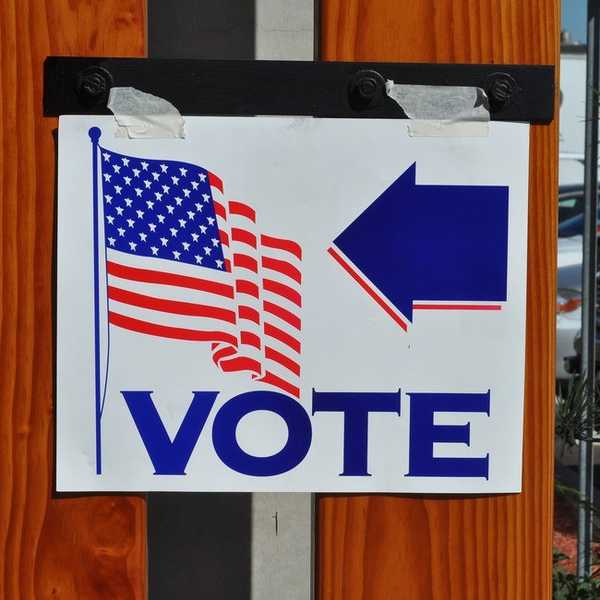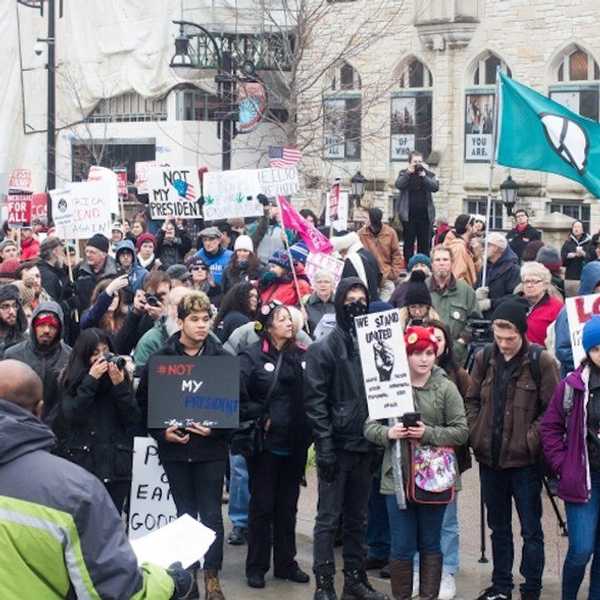There is an age-old argument that the government has no place in American economics. That the market determines an equilibrium price, that consumer pays that price willingly, and firms sell at that price happily. That the government's inefficiencies only serve as a detriment to the market's efficiency.
This argument has some validity. But the reality is that taxation isn't theft. And the government's role in the economy is pretty clear. Should it exist? Yes. Does it exist? Yes. Will abolishing it lead to greater market efficiencies and a better life for all? Hell no.
Property rights are of fundamental importance to market economies such as the United States. To even have a market that determines the equilibrium price, you must have a government. Why? Well, to have a voluntarily barter or exchange, there must be protection of property. Without it, theft would be rampant. Why would I pay someone for bread if I can take the bread? Why would I sell bread if the bread will be stolen rather than exchanged for? This details the need for government. Government arises out of a necessity to protect the rights of people. This protection of property rights creates a market. It allows individuals to own and subsequently trade whatever it is they own.
Some argue that the government's role in the market ends there. Once we have a system of national defense and police, we have no further use of the government.
This is also a flawed perspective. There are failures within the market. There are times where the market cannot achieve efficiency on its own. I could go through a non-exhaustive list of such failures, but that is more work than is necessary. Simply think about a monopoly. Monopolies are a prime example of why the market cannot be effective alone. In a situation like this, the government can create economic policy targeted at improving market efficiency.
There are times when government policy creates market inefficiencies (commonly referred to as government failure). In fact, there are times in which the government itself is inefficient at its own duties. This does not mean that government intervention is not necessary. Nor does it mean that all government intervention is bad. It simply means that those in power are not making optimal decisions. The general concept still stands: there are times where the market needs government intervention to operate efficiently. The failure of one government to effectively handle the market is not evidence against government intervention, it's simply evidence against the instituted policy.



















